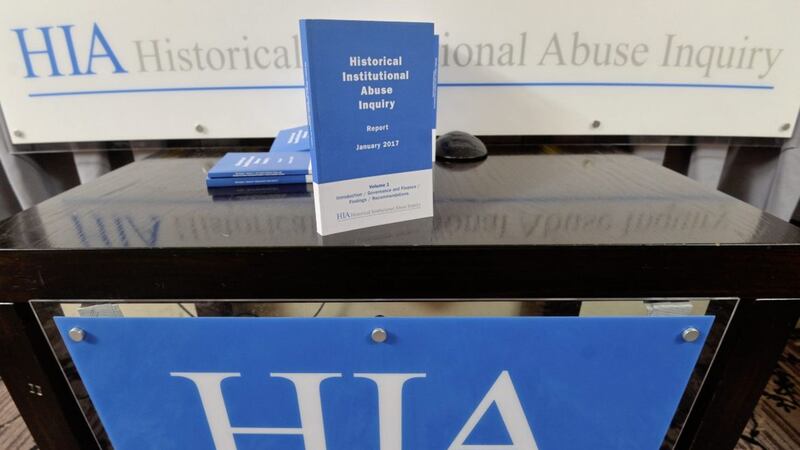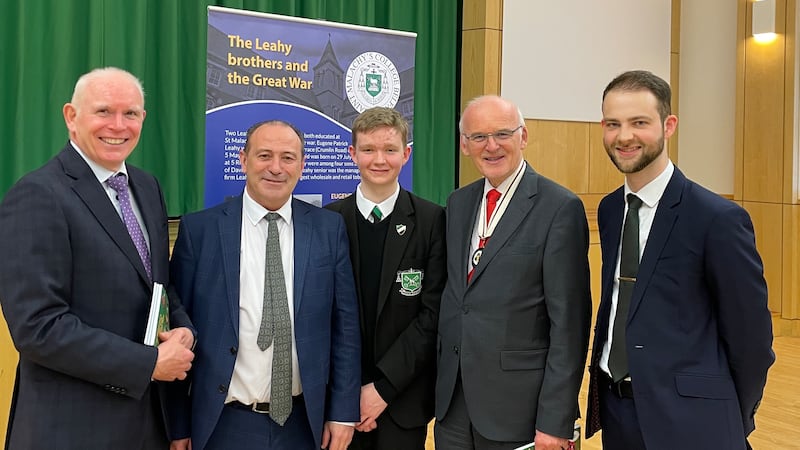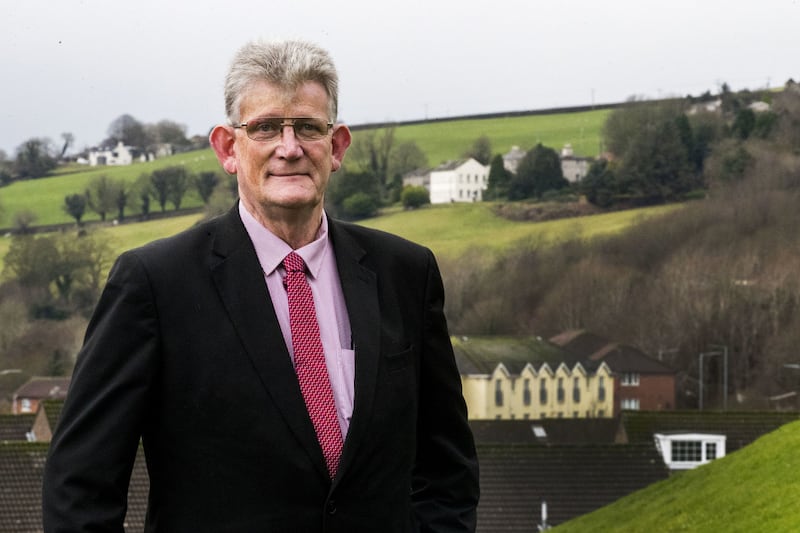VICTIMS' groups have hit out at the level of compensation paid to some survivors of institutional abuse.
New figures released following a Freedom of Information request show that just one survivor has been given an award of between £70,000 and £80,000 - the highest amount possible.
Long-awaited legislation to set up a redress board for victims of historical institutional abuse was passed at Westminster in November - almost three years after an inquiry exposed serious sexual, physical and emotional abuse over decades at children's homes run by religious orders, charities and the state.
The board decides on the level of compensation depending on the seriousness of the abuse suffered.
However, six survivors have appealed their compensation awards.
Applicants are placed into one of five compensation bands.
People who were subjected to repeated physical or sexual abuse fall into the top band of between £70,000 and £80,000.
Most survivors were placed in band two, meaning they have received awards of between £10,000 and £30,000. Band two refers to maltreatment, neglect, emotional abuse and some sexual abuse.
According to a Freedom of Information request submitted by the St Patrick's Survivors group, a total of 118 redress applications have been completed as of September 7.
Of these, 109 were dealt with by the redress board, while nine were withdrawn.
Thirteen people have received compensation of under £10,000; 44 have received between £10,000 and £30,000; 32 have been awarded between £30,000 and £50,000; nine people have received between £50,000 and £70,000; and one person received more than £70,000.
It is understood that 10 applications were refused.
John Scapaticci from St Patrick's Survivors group said he understood that the highest amount awarded to a survivor was £72,000.
"For just one to be placed in the £70,000 to £80,000 category, that isn't a true and accurate reflection of what it should have been," he said.
"For just nine to be placed in band four (between £50,000 and £70,000) is not a true and accurate reflection."
He added: "It wasn't meant to be like this. Any survivor who came forward to the inquiry should be receiving £10,000 minimum just for being in that harsh environment.
"Nobody should have been refused a payment."
Margaret McGuckin from Survivors and Victims of Institutional Abuse (Savia) also said she was concerned about communication with victims.
She said several people have either appealed their award or are planning to appeal, including one woman who was resident in an institution for 16 years.
"The process has been so slow," she said.
"We have been through this for years. In the majority of institutions there was a harsh environment. Everyone should be getting at least £10,000.
"We've come through hell. We can't be sidelined again."
A spokesman for the Redress Board said all applications are "assessed by an independent panel".
"Applicants are provided with a summary of reasons for the panel’s assessment.
"All applicants are entitled to legal representation and have an automatic right of appeal from a panel’s assessment."
He added: "A small number of applications have been refused either because they were outside the terms of the statute or did not meet the evidential threshold required by the statute."







